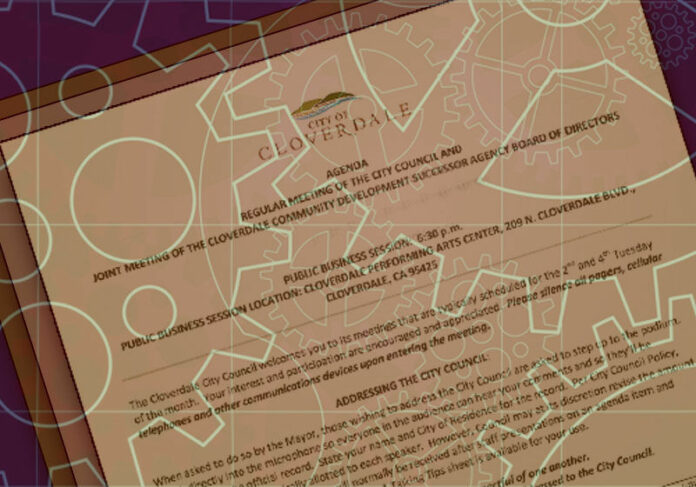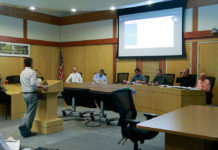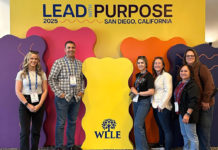This week’s Cloverdale City Council agenda is small, with the council viewing two presentations and tackling two regular agenda items — the city’s mid-year budget report and an ordinance amendment that would include small cellular facility regulations into the city’s wireless telecommunications code. The council meeting begins at 6 p.m. and is being held virtually over Zoom, and will be livestreamed on the city’s YouTube channel. To view the agenda for the Feb. 24 meeting, click here.
Presentations
The council will first receive a presentation from 10,000 Degrees, a nonprofit that helps students from low-income backgrounds earn college degrees. Since 2014, the nonprofit has provided $148,700 in scholarships to 42 Cloverdale students. Two 10,000 Degrees alumni will be presenting to the council about the scholarships and program, along with 10,000 Degrees Regional Director Katrin Ciaffa.
The council will also receive a presentation from Zero Waste Sonoma about Senate Bill 1383, which was signed in September 2016 and goes into effect on Jan. 1, 2022. The bill sets targets for reducing the amount of organic material sent to landfills and, according to the agenda item background, will have a significant impact on solid waste services in the state and county.
According to the council report:
“SB 1383 requires a 75% reduction of organic material disposed in landfills and a 20% increase in edible food
recovery. In addition to the statewide requirements to reduce organic material disposal by 75% and increase
edible food recovery by 20% by 2025, there are specific implementation tasks required of local governments.
The City must do the following to comply with SB 1383.
• Provide organic material collection to all residents and businesses.
• Establish a food recovery program to recover edible food from the landfill.
• Conduct outreach and education to all affected parties, including generators, haulers, facilities,
edible food recovery organizations, and city/county departments.
• Estimate organic material processing and food recovery capacity available to the City and create a
plan to fund expansion if capacity is not sufficient.
• Procure organic waste products such as compost, mulch and renewable natural gas.
• Inspect covered entities and enforce compliance with SB 1383 by adopting an enforcement ordinance
before Jan. 1, 2022.
• Maintain accurate and timely records of SB 1383 compliance.”
While Zero Waste Sonoma has helped manage some of the requirements, there are some that the city will need to work to implement.
Regular business
As part of its regular business meetings, the council will first receive its mid-year fiscal report, which catalogues its year-to-date revenue and expenditures. According to the report provided in the city council packet, the city’s property tax is coming in at about 4% higher than budgeted, its cannabis tax is coming in at 300% higher than budgeted and as of Dec. 31, the city’s revenue has exceeded the budget goal by 52%.
Looking at other revenue points, the city has received about 48% of the budgeted sales tax so far, and is about 4% behind its projection, with it expected to be about 8-10% less than budgeted by the end of the fiscal year.
The council will also be discussing an amendment to the city’s municipal code to help regulate small cell systems, which are often attached to utility poles or other facilities to help extend 5G service.
The city’s current municipal code regulates cell towers and other wireless communication facilities, but doesn’t include any regulation surrounding small cell systems. Because of that, the city is looking at possibly adding in a regulation to address them.









